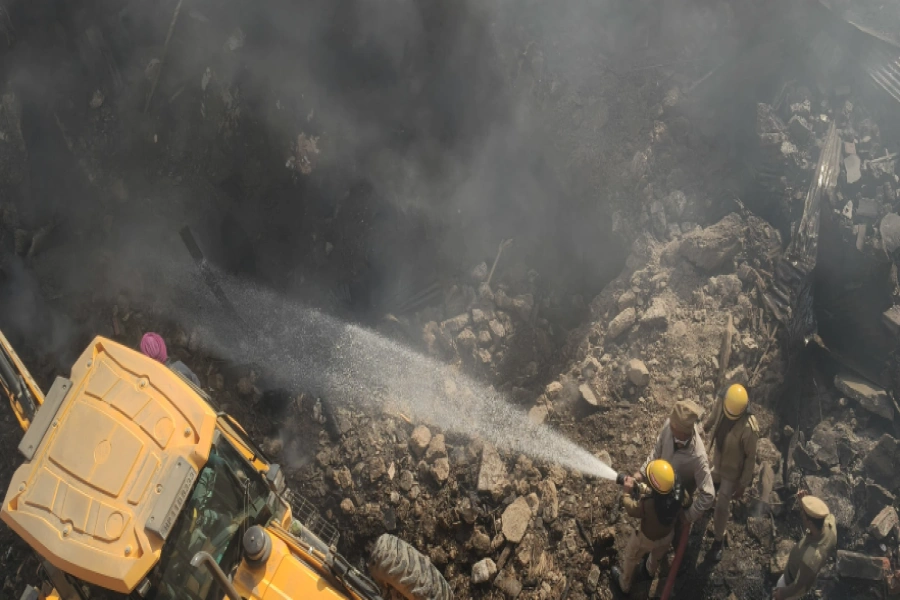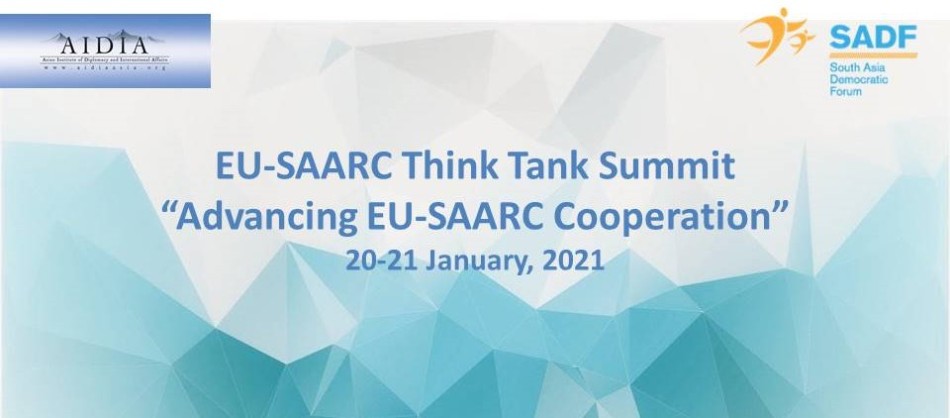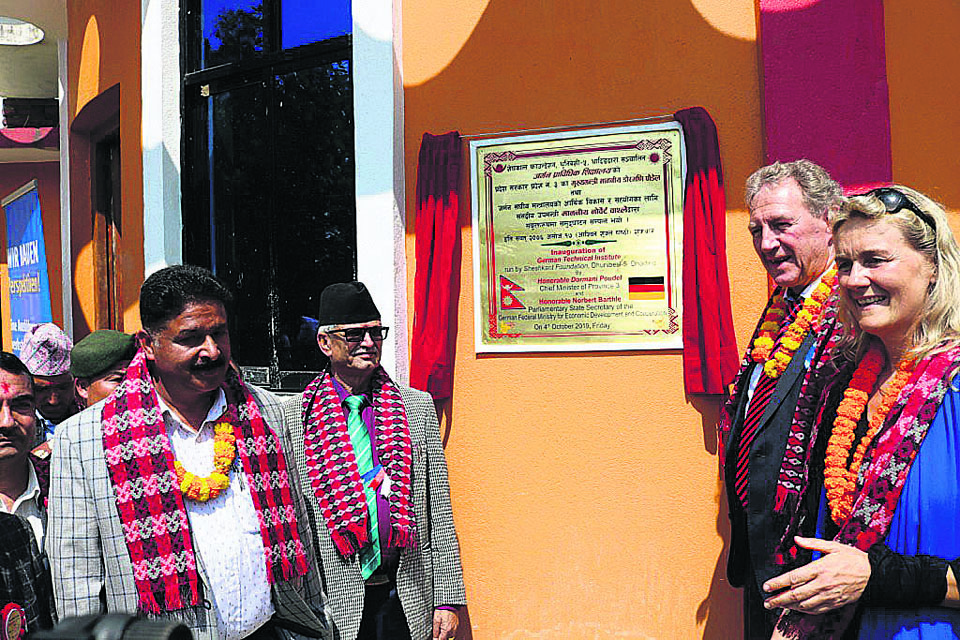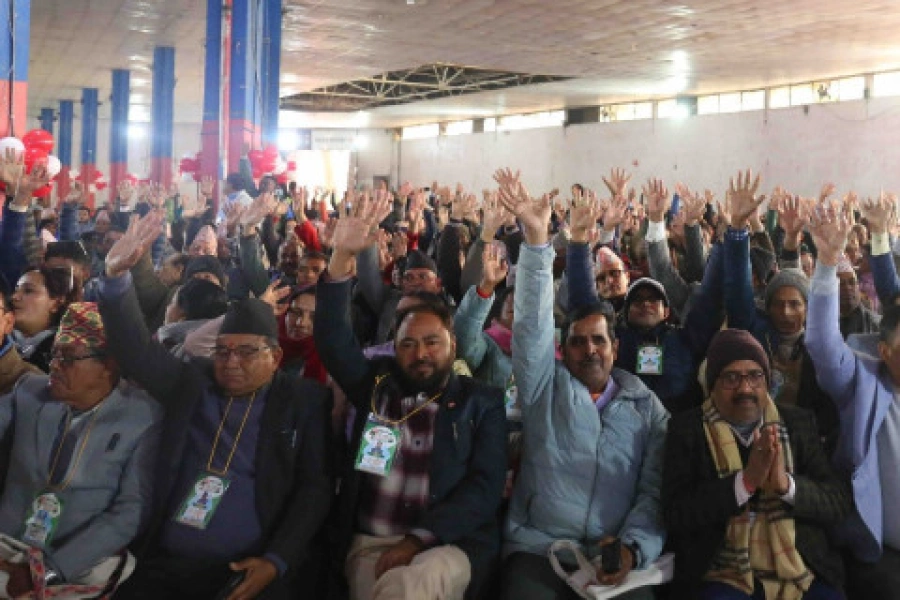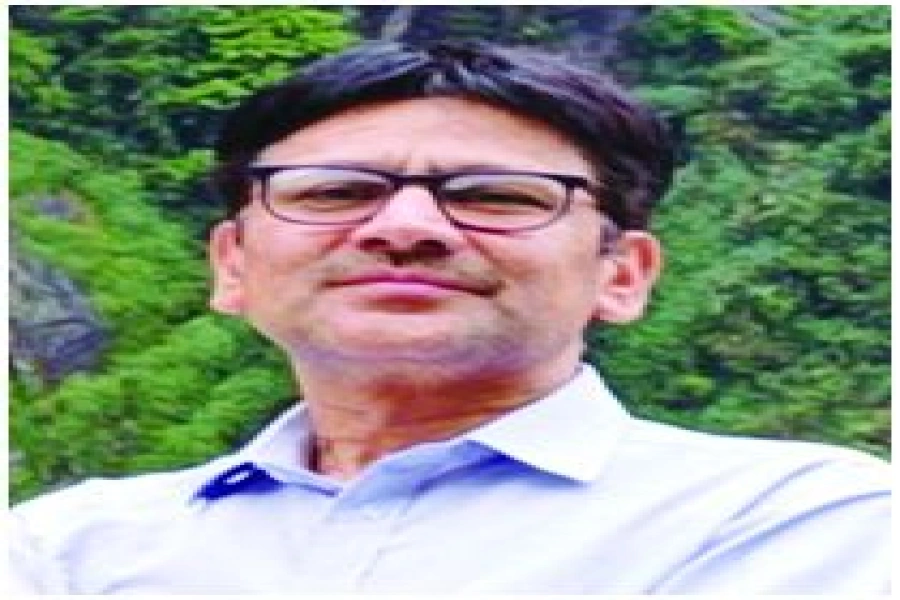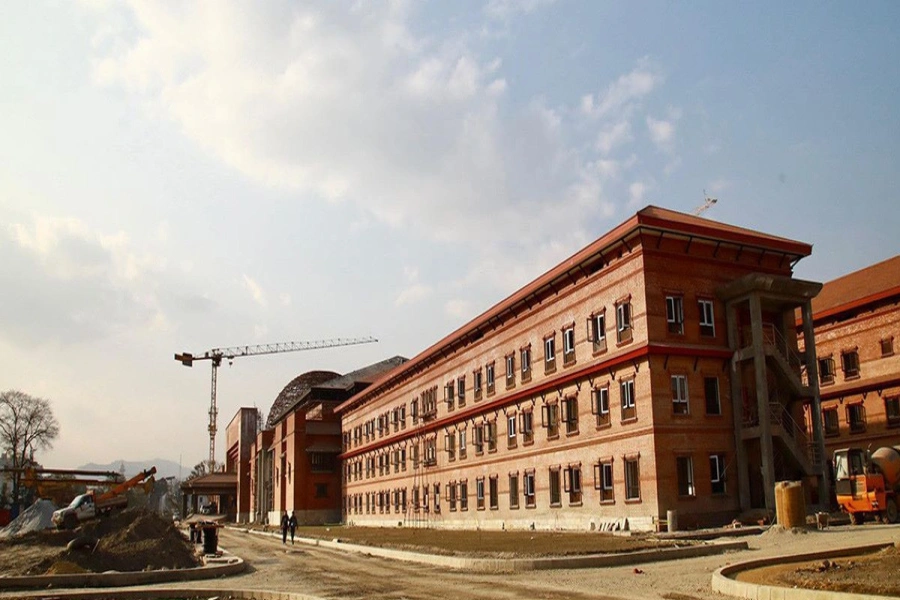Continuing professional development method is slowly being recognised in Nepal as a key motivator for teachers to develop their skills and knowledge
There are certain times in life when you are forced to look at yourself in the mirror and question your abilities. These are the times when we change our attitude toward things and start to look at them differently. I vividly remember that day about six years back when I faced a similar situation.
It was during the Hornby Regional School in Colombo when my tutor asked me a question after my session delivery. “How long have you been teaching?” He asked. “It’s been eight years,” I said. He then enquired about my teaching methods. “Do you teach applying this same approach, methods, techniques and materials every year?” Confident about my tried and tested techniques I confidently replied. “I had prepared my notes eight years ago and have been using the same for eight years.” I received an unexpected reply from the tutor. He told me that I was wrong, and in reality, I only had one year of teaching experience as I had been using the same techniques and notes for eight years. Numerous questions started hovering around my mind: Why do I need to change my techniques every year? How could he say that my notes don’t work? Why do I need to focus on my development when I know my lessons are going well? Is he right?
But he had opened my eyes.
Students awarded first aid training certificates

Understanding CPD
The concept of continuing professional development (CPD) is relative and perceived differently in different contexts by different people. I want to highlight two comprehensive definitions about CPD. According to Padwad and Dixit (2011), “CPD is a planned, continuous and lifelong process whereby teachers try to develop their personal and professional qualities, and to improve their knowledge, skills and practice, leading to their empowerment, the improvement of their agency and the development of their organisation and their pupils”. It focuses on a lifetime of teaching and requires knowledge, skills and behaviours that continuously develop and evolve. This is not a one-time activity. It is a continuous process and requires effort.
Prince and Barrett (2014) mention CPD as an autonomous activity, undertaken by the individual, but the most effective CPD happens through collaboration and sharing of learning and experiences. All of this, as well as critical self-reflection, helps to build a stronger sense of self-awareness and accountability. These definitions mainly highlight that CDP is more personal and an individual is responsible for his/her own development.
CPD is slowly being recognised in Nepal as a key motivator for teachers to develop their skills and knowledge and achieve more satisfaction in their teaching, which, in turn, has an impact on the learners they work with. Much work is being done to increase awareness and understanding at the policy level. However, for majority of teachers in Nepal, CPD is synonymous to formal training. According to Flash report (2015-16), a total of 97.3 percent teachers (97.6 percent female and 97.0 percent male teachers) are fully trained at the primary level. Of the total teachers 1.9 percent teachers are partially trained and 0.8 percent are untrained. At lower secondary level 88.6 percent teachers are trained, 4.1 percent are partially trained and 7.3 percent untrained. Similarly, at the secondary level (9-10), 95.3 percent, 3.4 percent, and 1.3 percent of the teachers are trained, partially trained and untrained respectively. However, CPD is not confined to face-to-face training. The main reason why people speak only about training as part of their CPD is the lack of a mandated framework for CPD in Nepal and proper understanding of it.
Teacher Competency Framework (2072 BS) published by the then National Centre for Education Development talks about eight competencies a teacher should have to teach in a school. However, it does not talk about how teachers acquire those competencies and how they can self-assess those qualities. How do I as a teacher know whether or not I have those qualities? How do I know how good or bad I am in those areas? The framework also requires clear standards and levels for these competencies. The British Council’s global CPD framework also outlines 12 competences for teachers which are mapped to stages of development, language ability and formal qualifications. It enables teachers to understand and plan their own professional development through the four stages of development clearly stating how teachers can use the tools to self-assess, and the 12 professional practices and the elements which describe each professional practice.
Assess thyself
I tried using this framework to asses myself and was able to identify specific areas where I had to work on in order to become a better teacher. Before going to take a lesson I never thought about the dynamics of my students. I never planned my lessons according to the level of attainment, age, interests, preferred ways of learning or their educational, social and cultural backgrounds. I only thought from my own perspective and hardly cared about how it would impact their learning. When I understood that understanding the classroom environment and doing a ‘needs analysis’ would impact my students’ learning, I started to self-assess against all the elements mentioned in the framework. Fortunately, the framework not only helped me understand at what stage of the framework I was but also gave me a step by step process of how I could improve. I have now learnt different ways to address all my students having different learning styles and backgrounds because I always ask myself, ‘have I met all the elements required?’ before I prepare my lesson plan.
This tool of self-assessment has boosted my confidence as a teacher and has given me a range of possibilities that I can choose from to develop myself further.
The author is English for Education System (EES) Programme Manager at British Council, Nepal





